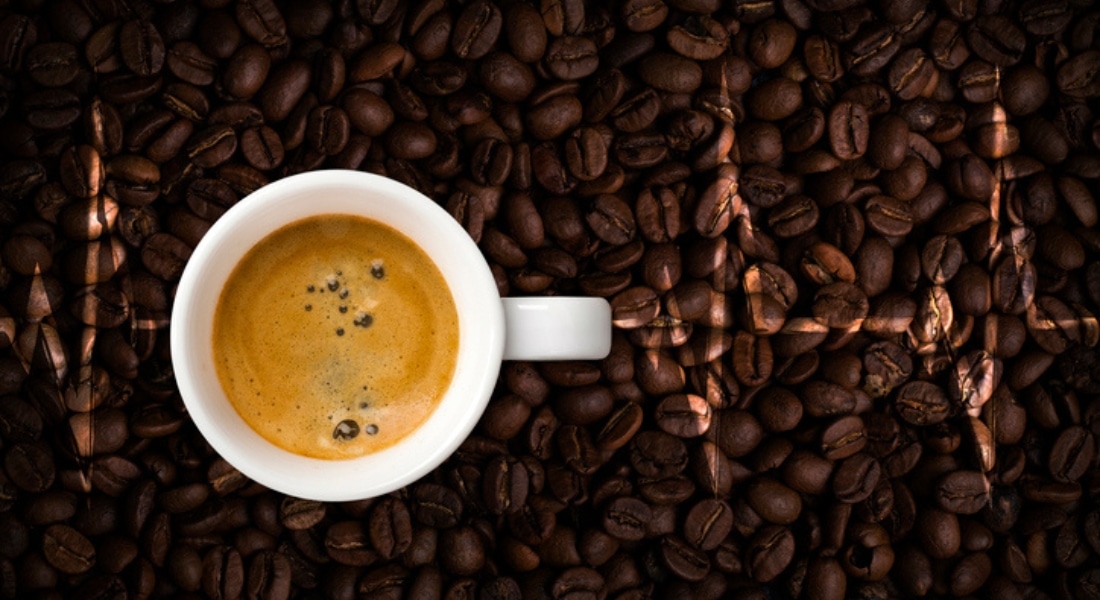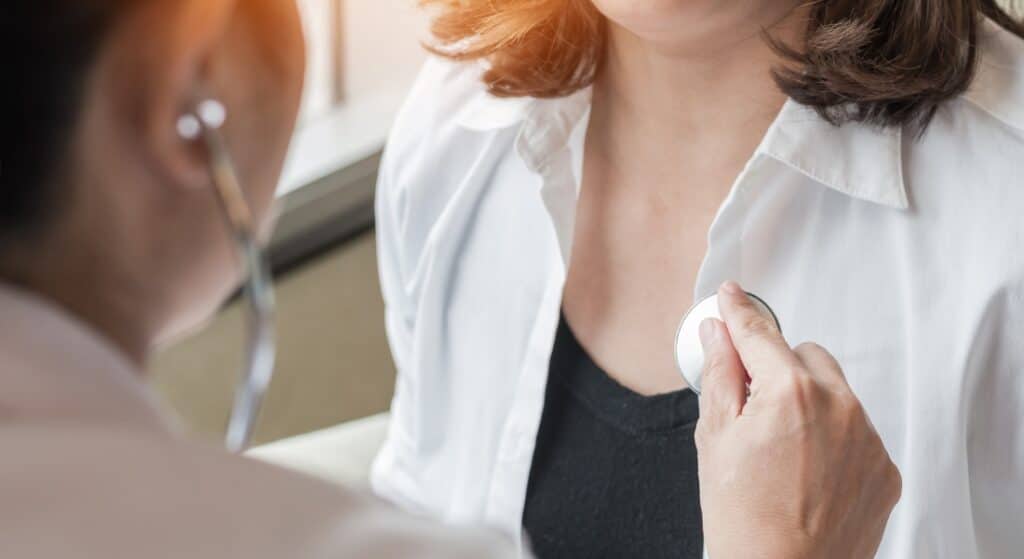The health effects of drinking coffee have been debated for decades, but recent studies show the benefits outweigh the risks — so long as you don’t over-caffeinate.
“For most people, mild to moderate caffeine intake is actually fine,” says Mihaela Kruger, MD, cardiologist on the medical staff at Methodist Southlake Medical Center. “There are some studies that show that there is potential benefit.”
Coffee is more than just a stimulant. The coffee bean is as complicated as its chemical composition. The seed of the coffee cherry tree contains thousands of compounds, from amino acids to antioxidants that offer protection from certain chronic conditions.
Of course, moderation is the key, especially if you already suffer from hypertension because excess caffeine can raise your blood pressure.
“Caffeine can temporarily raise the blood pressure and the heart rate,” Dr. Kruger says. “Some people do not tolerate even small amounts, which can cause palpitations and severe anxiety.”
Dr. Kruger offered several words of advice for anyone who doesn’t want to feel down about their daily pick-me-up.
When is the last time you took a beat? Register for our women’s Heart Month webinar. Visit MethodistHealthSystem.org
HOW COFFEE CAN HELP
Heart disease is the leading cause of death in the U.S., but some research suggests that men and women who drink coffee regularly can lower that risk.
A 2024 study of almost 200,000 people in China and Sweden found that those who consumed two or three cups of coffee had a 50% lower risk of cardiometabolic disease, compared with those who drank less or none at all.
“Coffee has thousands of compounds, including organic acids, amino acids, and antioxidants that have protective properties,” Dr. Kruger says.
The polyphenolic compounds in coffee have been shown to help prevent and manage type II diabetes. The minerals found in coffee beans are also good for us.
Coffee contains magnesium, which can improve the effectiveness of insulin and glucose metabolism.
Just go easy on the extras because coffee can also raise blood sugar temporarily, especially for anyone who is heavy-handed with cream can sugar.
And those sweet coffee drinks from your favorite coffee shop can contain upwards of 50 grams of sugar and nearly 500 milligrams of caffeine a pop.

SKIP THE ENERGY DRINKS
Coffee may be fine in moderation, but there’s no moderating energy drinks, Dr. Kruger says.
“Energy drinks are loaded with sugar and very high amounts of caffeine,” she says, “and can make even people with no risk factors for heart disease feel really bad.”
It’s not just the caffeine in energy drinks that’s dangerous. Many of these beverages contain other stimulants that create a cocktail of bad health:
Taurine: Our bodies produce this amino acid, and it can also be found in meat and fish. But the taurine in energy drinks is a synthetic compound that enhances the effects of caffeine.
Guarana: This climbing vine native to the Amazon rainforest in Brazil produces orange berries with twice the caffeine content of coffee beans. While guarana has been used for generations as an herbal remedy, the ultra-processed version in energy drinks packs a longer-lasting and more intense punch that caffeine from coffee.
Ginseng: Used in Eastern medicine for millennia, this plant can help build immunity, reduce inflammation, improve focus, and regulate blood sugar. But it can also interfere with medications for high blood pressure and diabetes.

HOW MUCH IS TOO MUCH
For most people, coffee contains more good ingredients than bad. And the risks are mainly confined to a single compound.
“Too much caffeine can lead to arrhythmias,” Dr. Kruger says. “Caffeine is an addictive substance, and people who want to cut back can sometimes experience side effects.”
If you start losing sleep or you’re more jittery than normal, it might be a sign to cut back on the morning joe. Best to cut back in moderation, too, or you may be risking symptoms of withdrawal.
So while it’s safe to drink up to four cups of coffee a day, or around 400 milligram, keep in mind that one “tall” coffee from your barista contains upwards of 250 milligrams.
“The bottom line, you can have coffee,” Dr. Kruger says, holding her hands apart at a Venti-size, “but not coffee,” indicating a Thermos of coffee.






